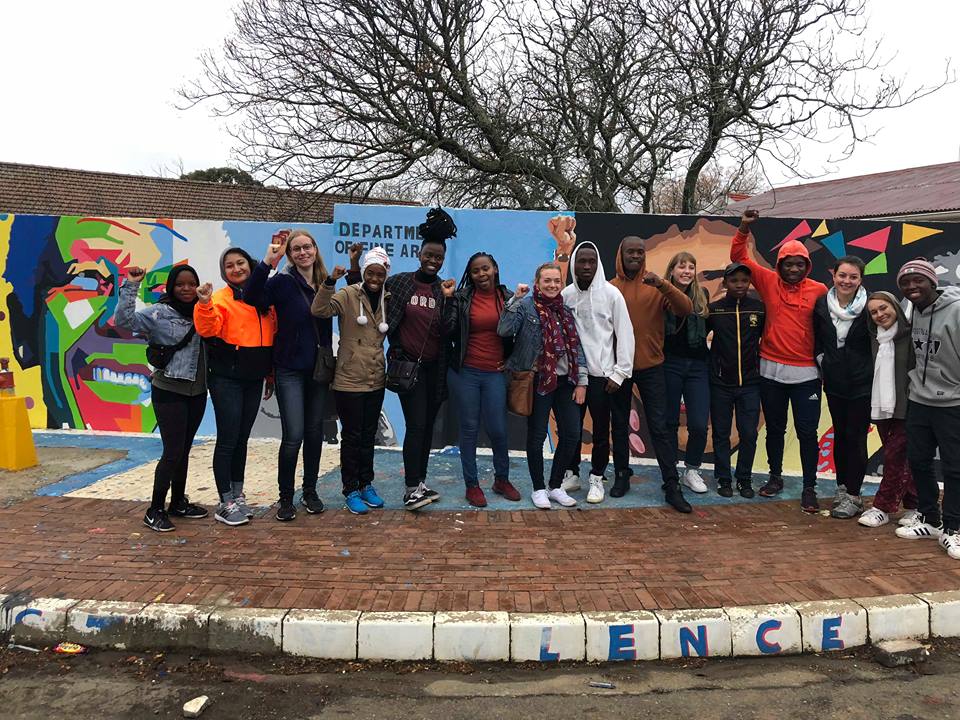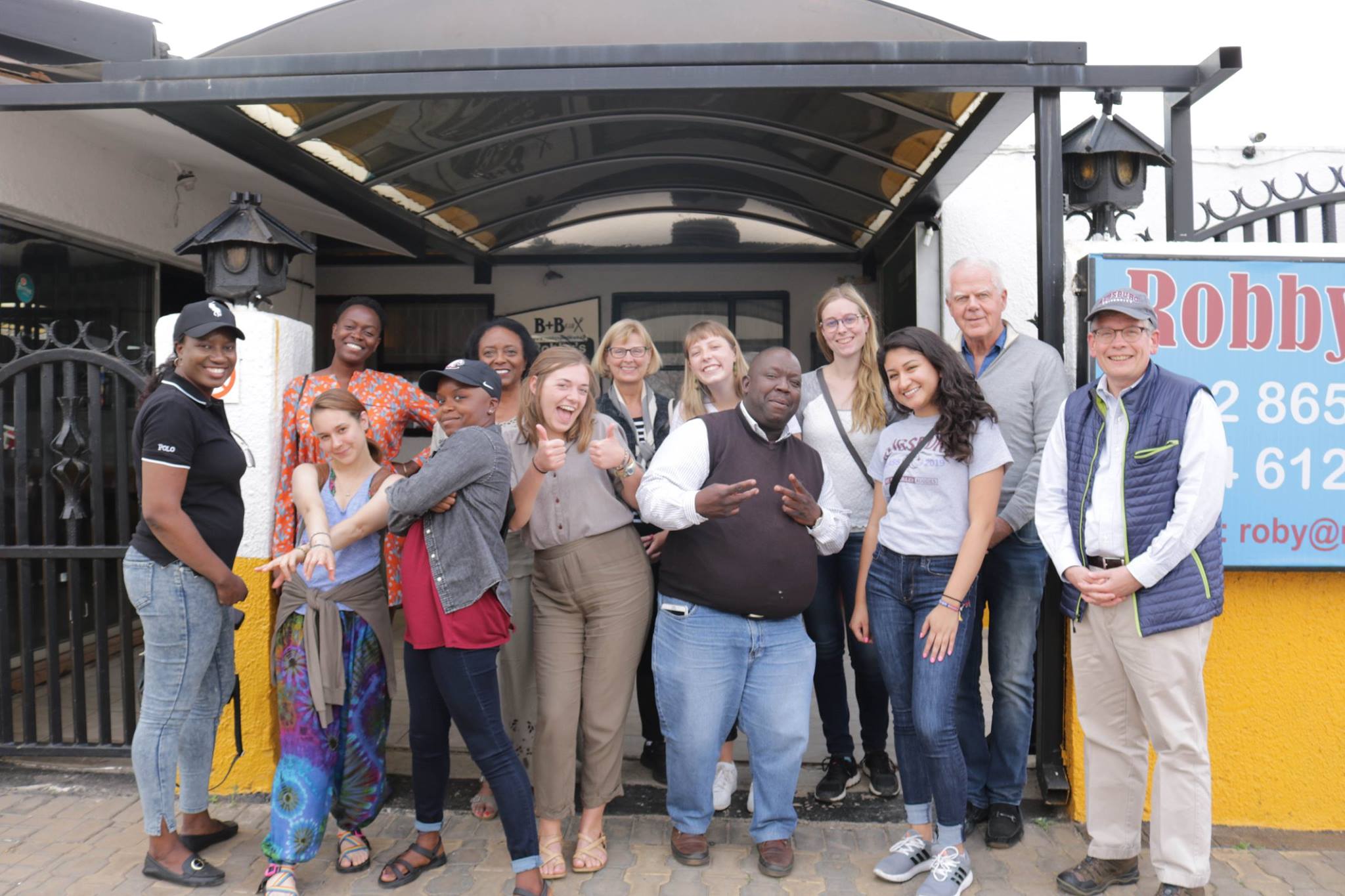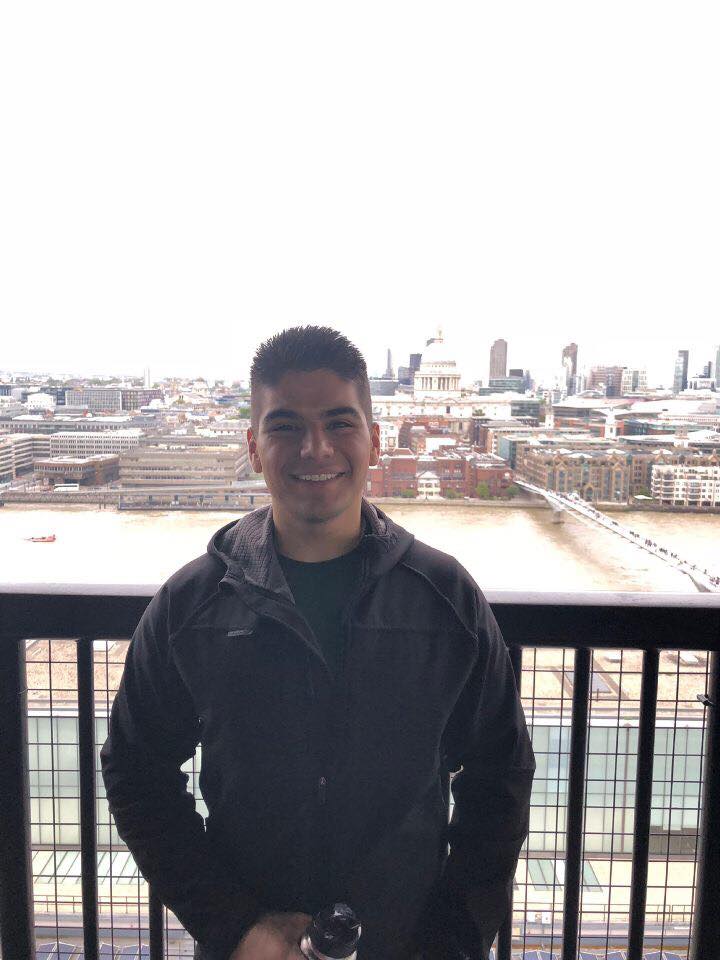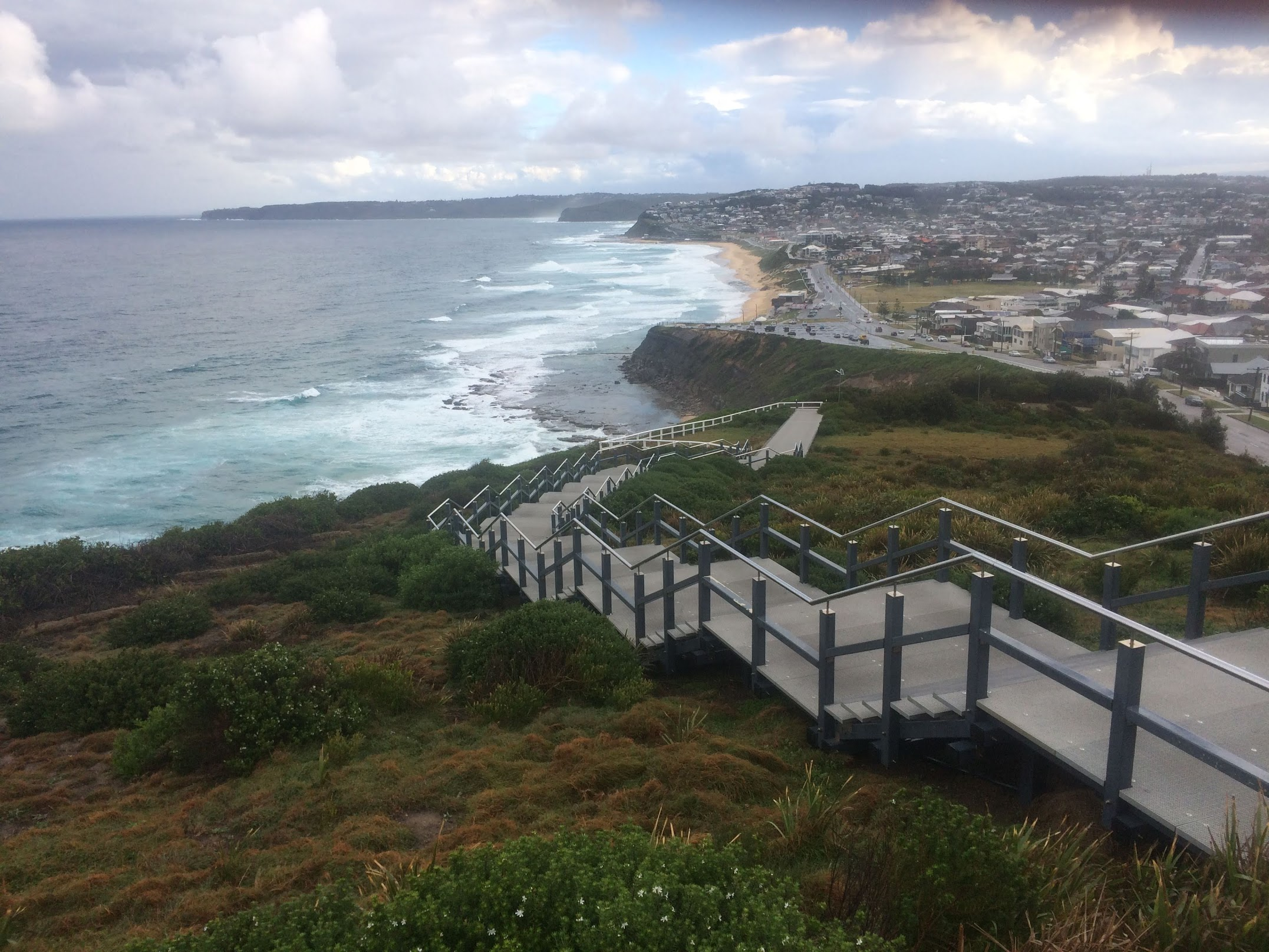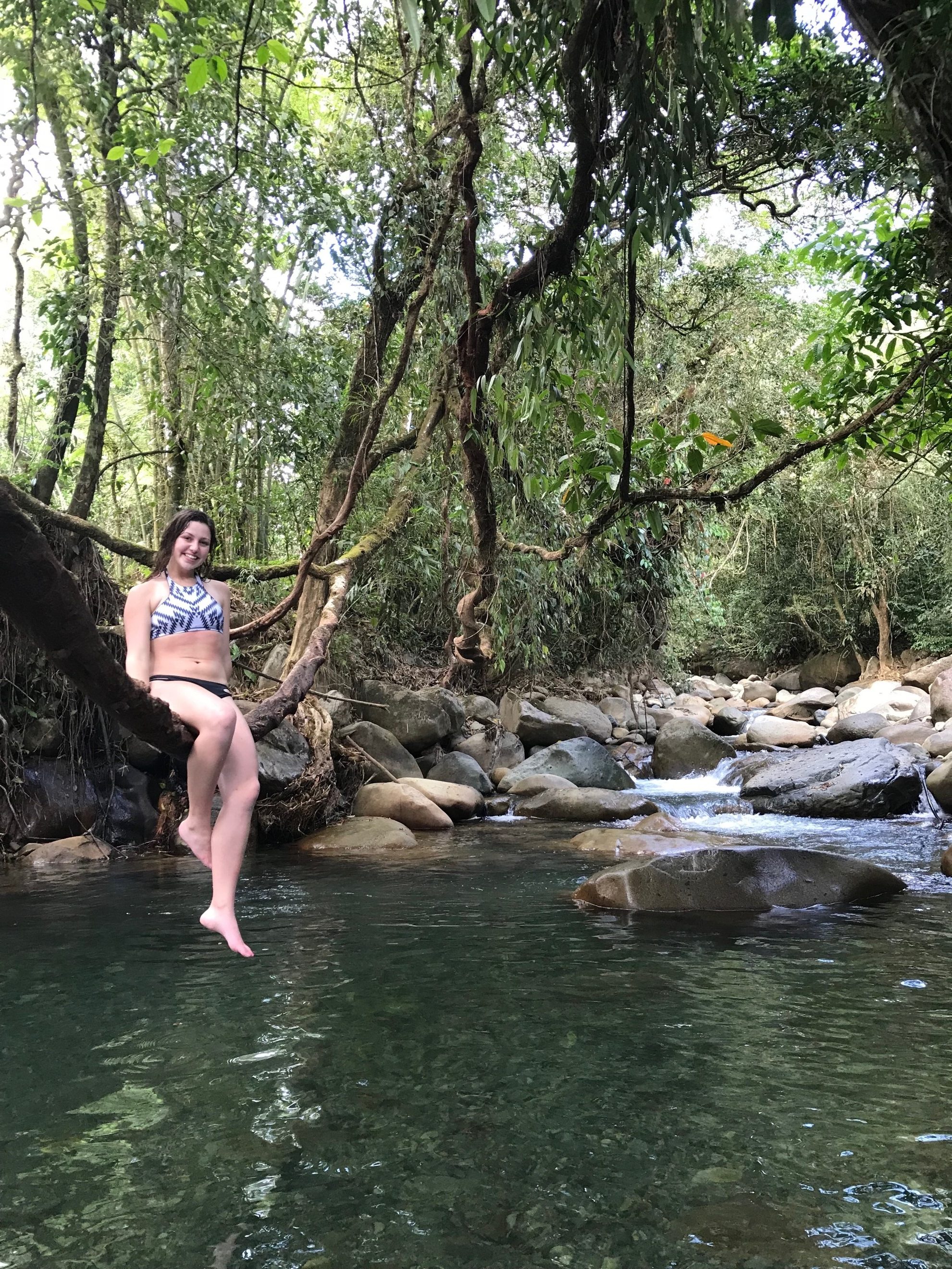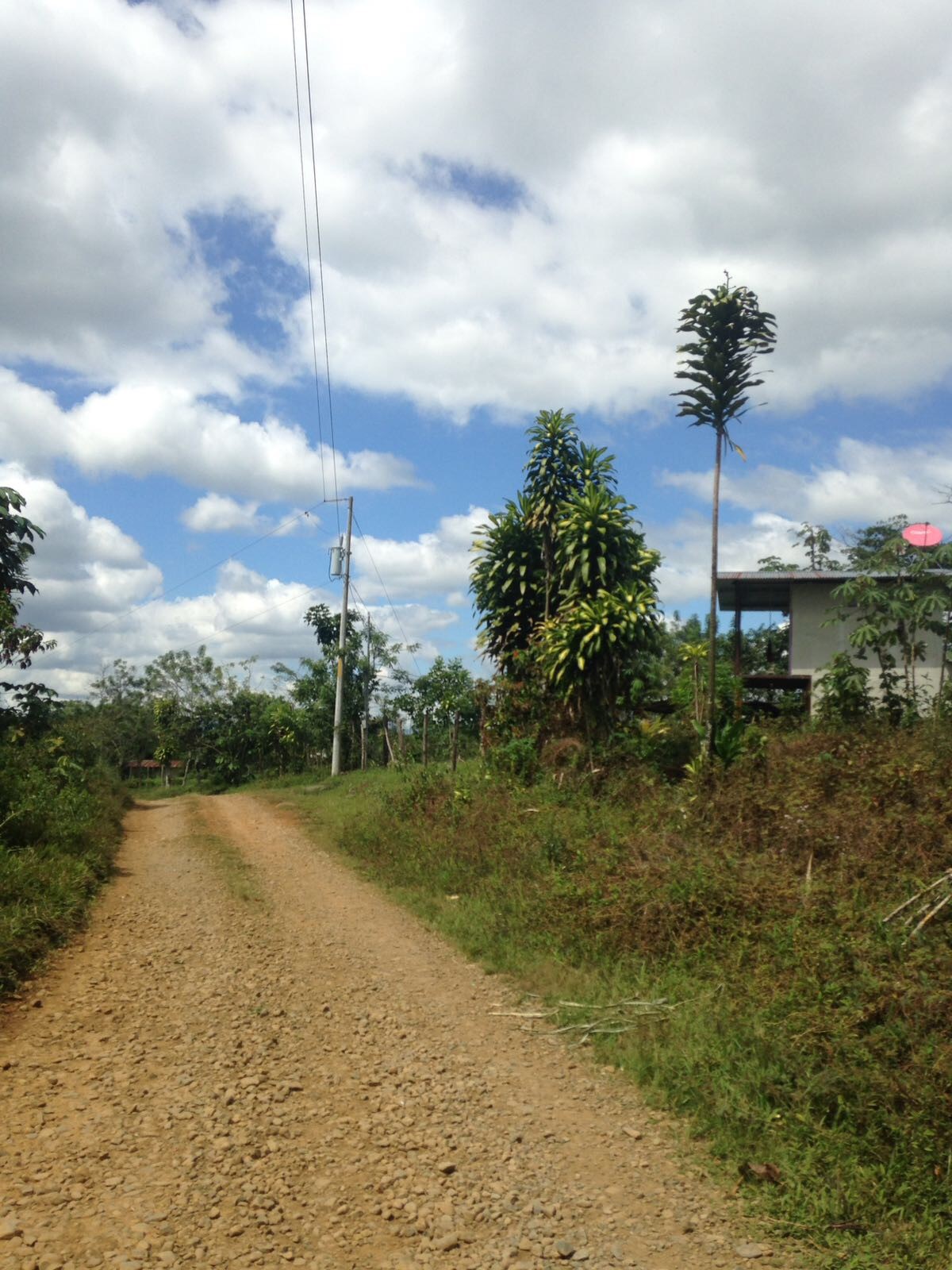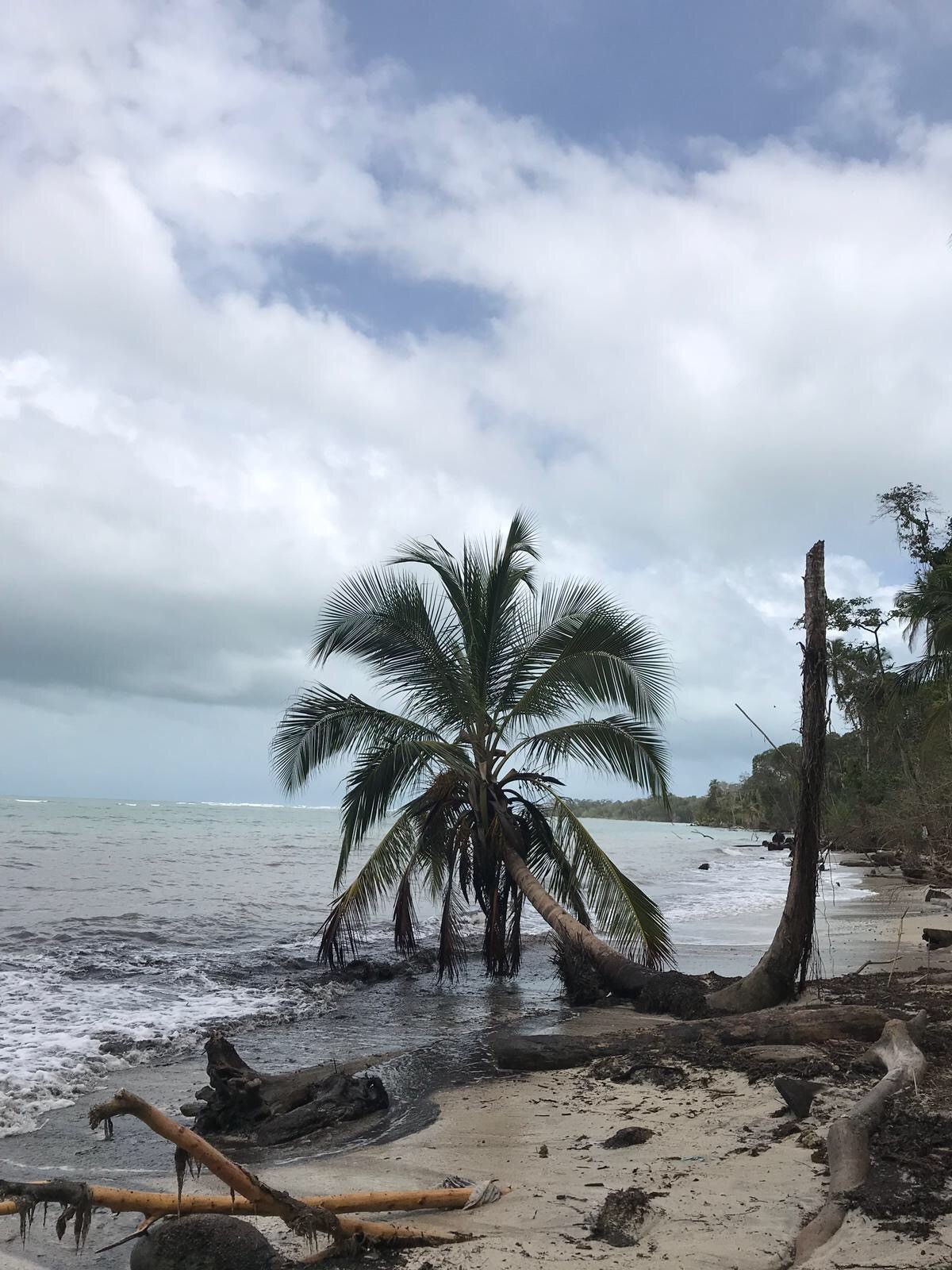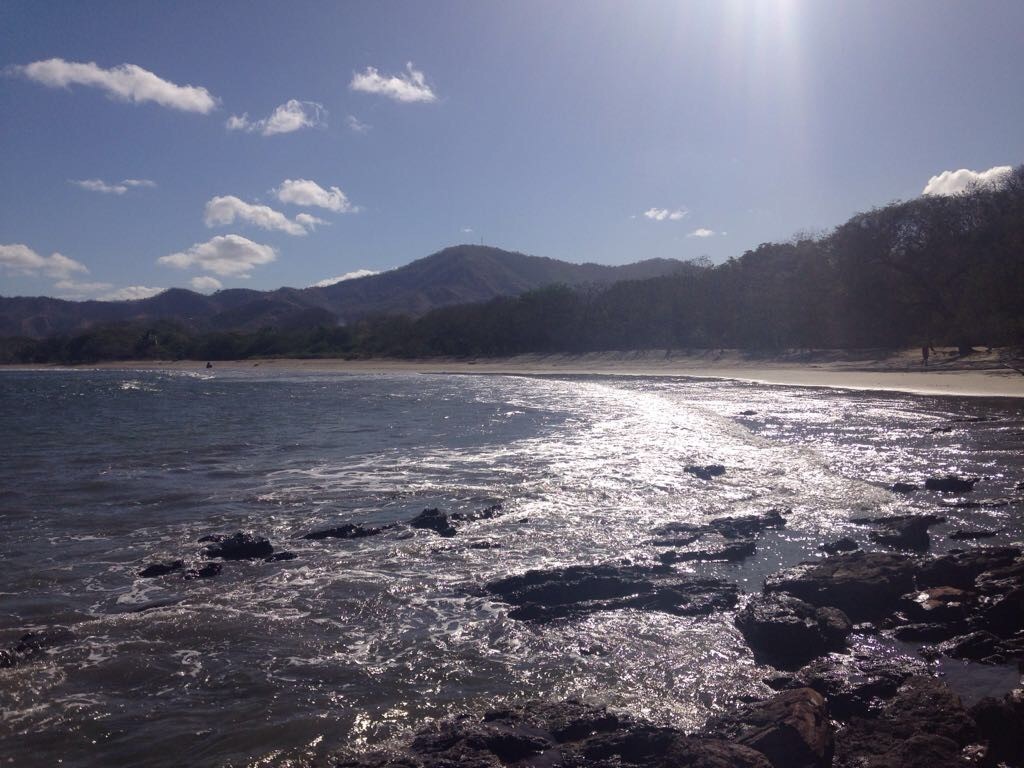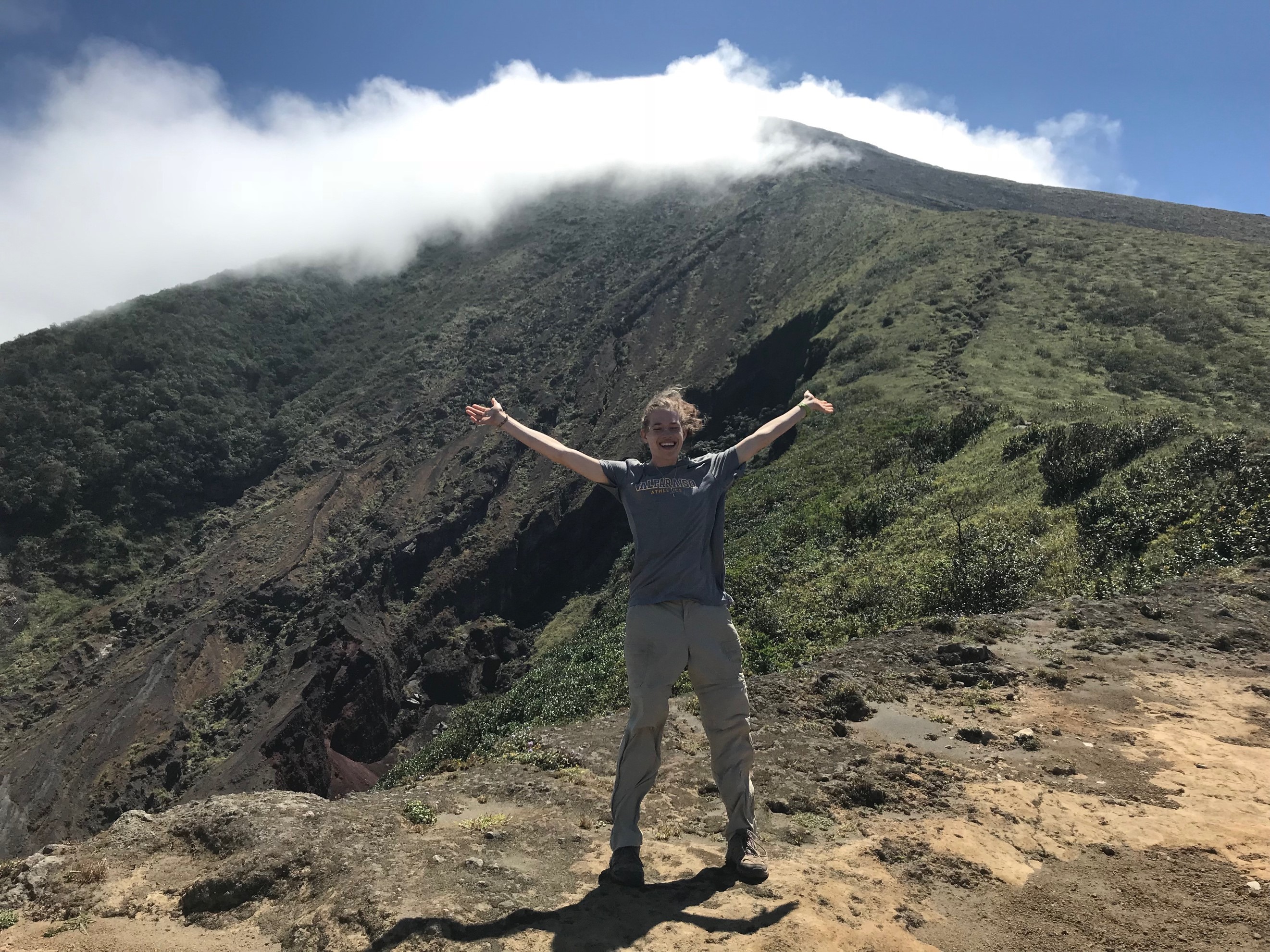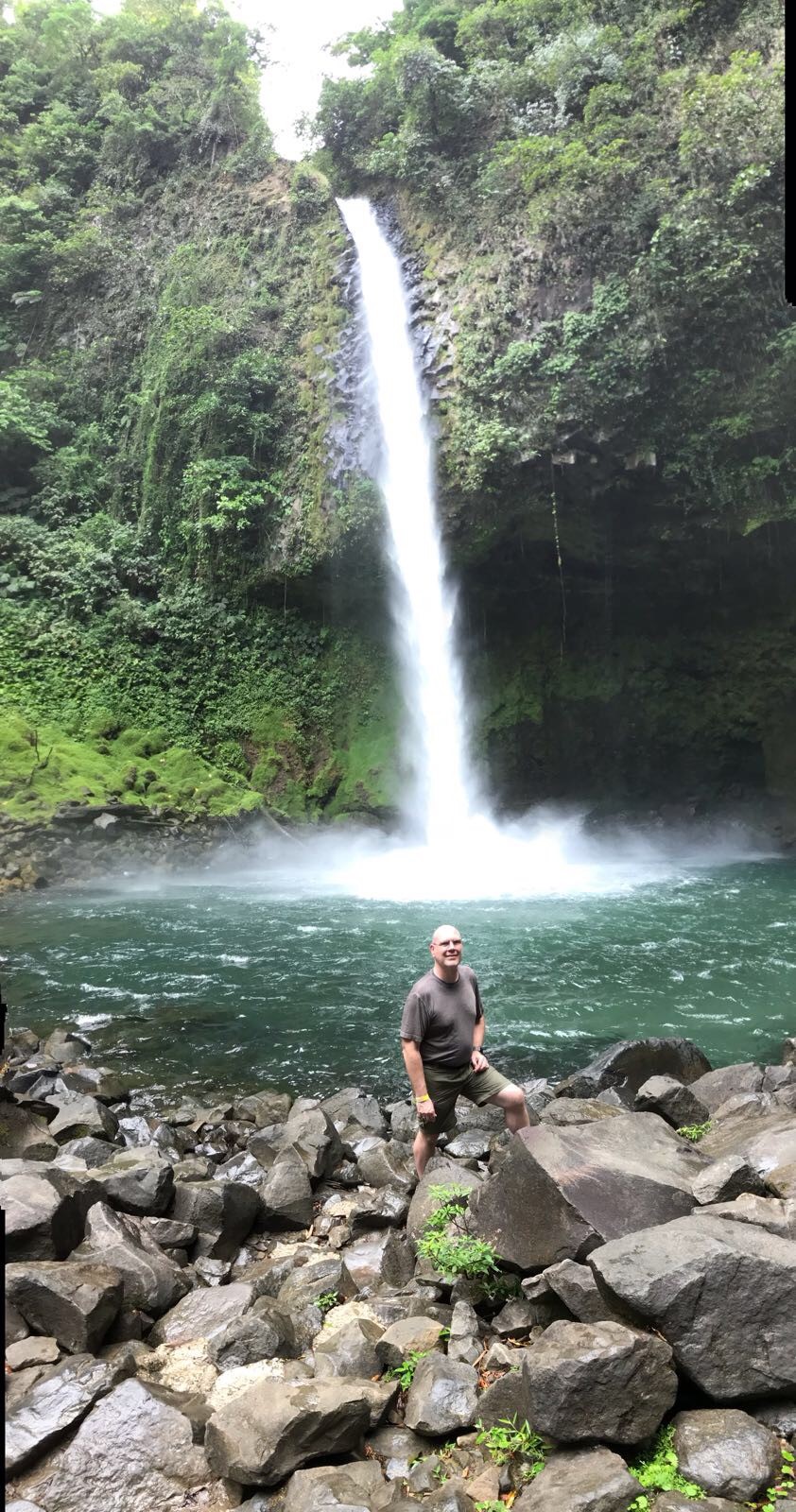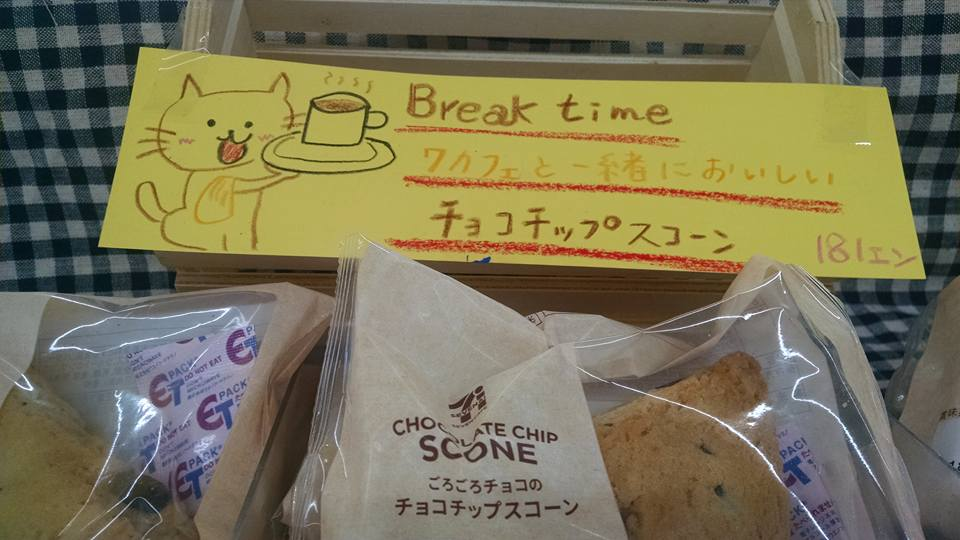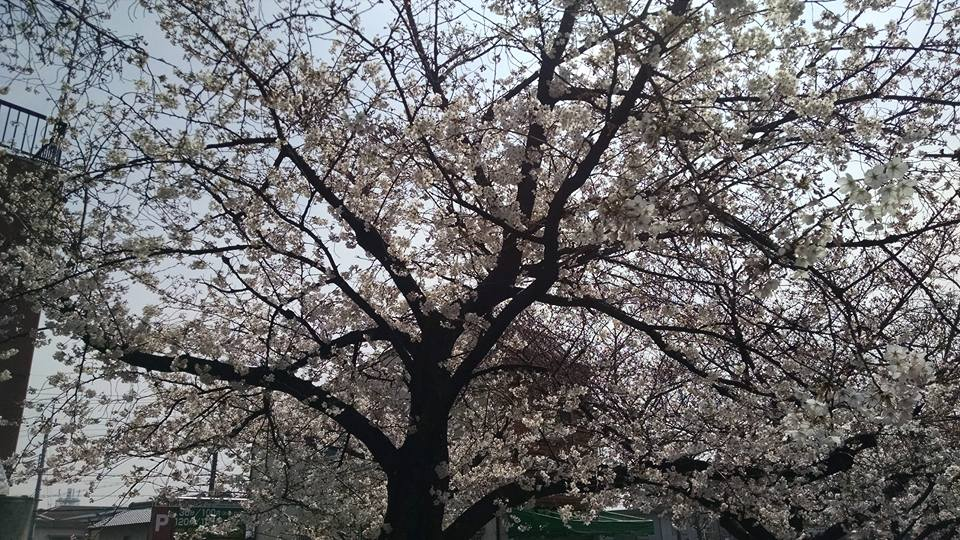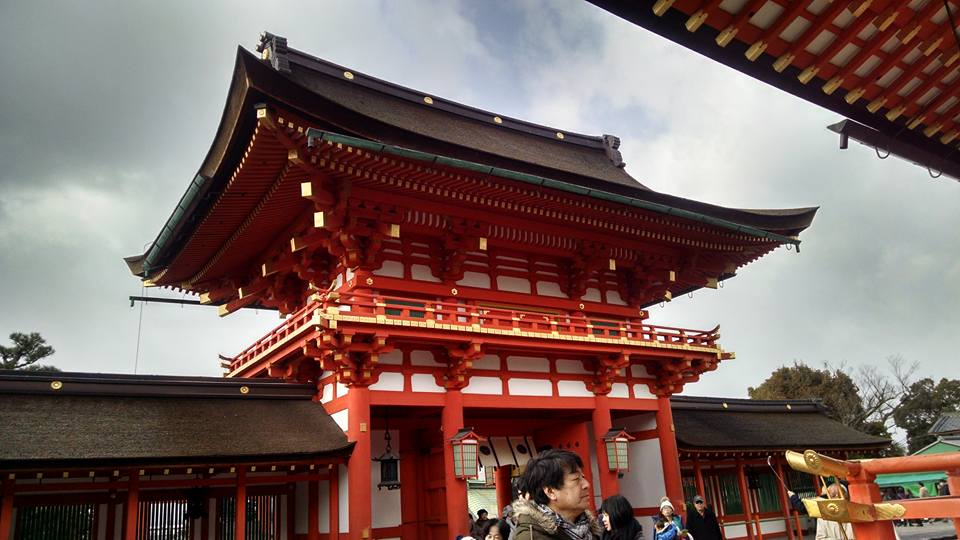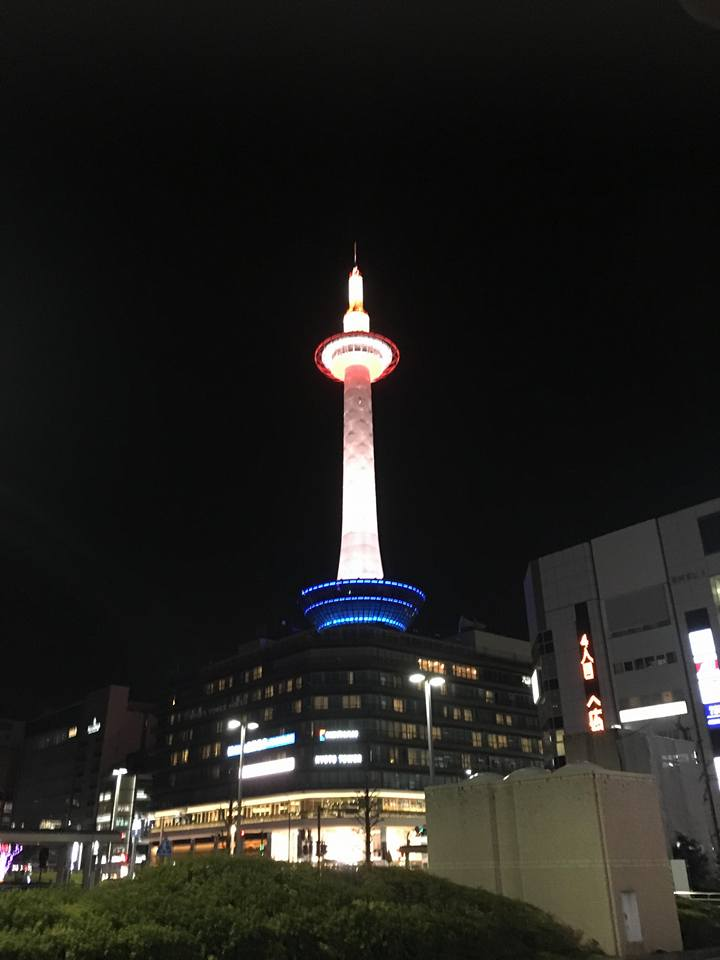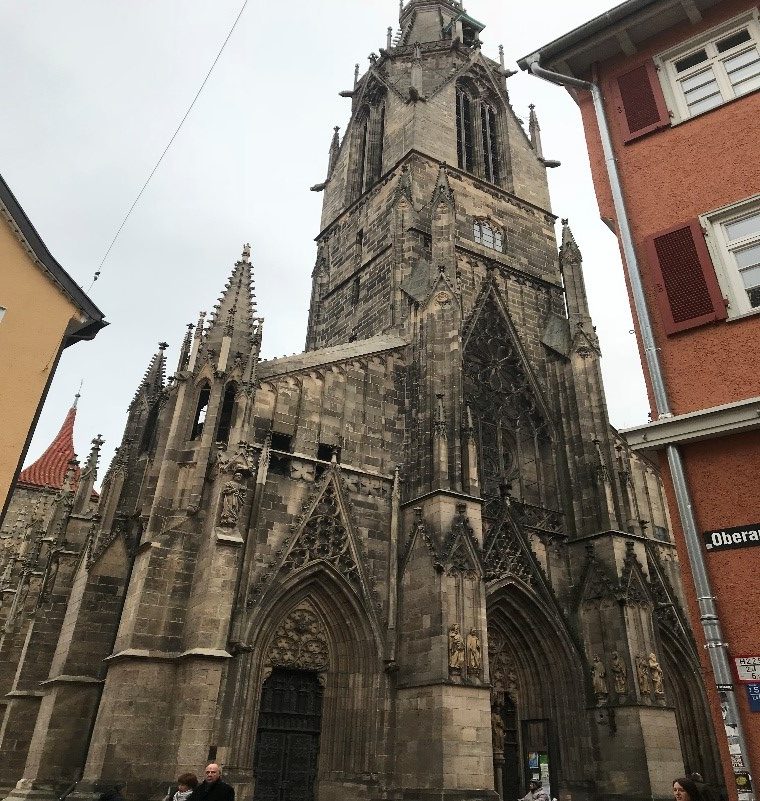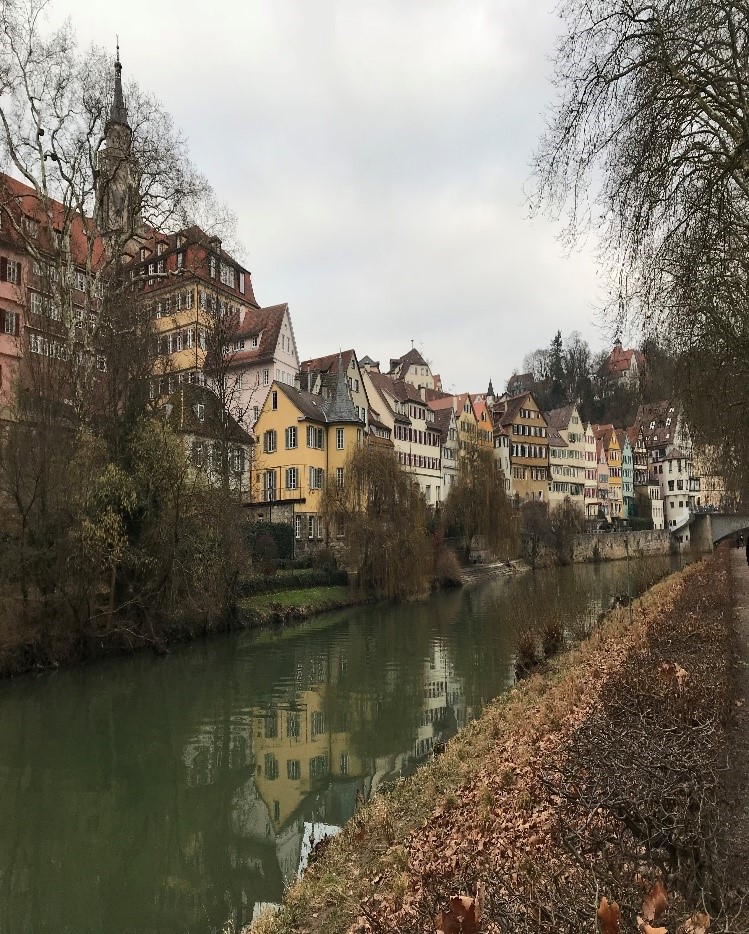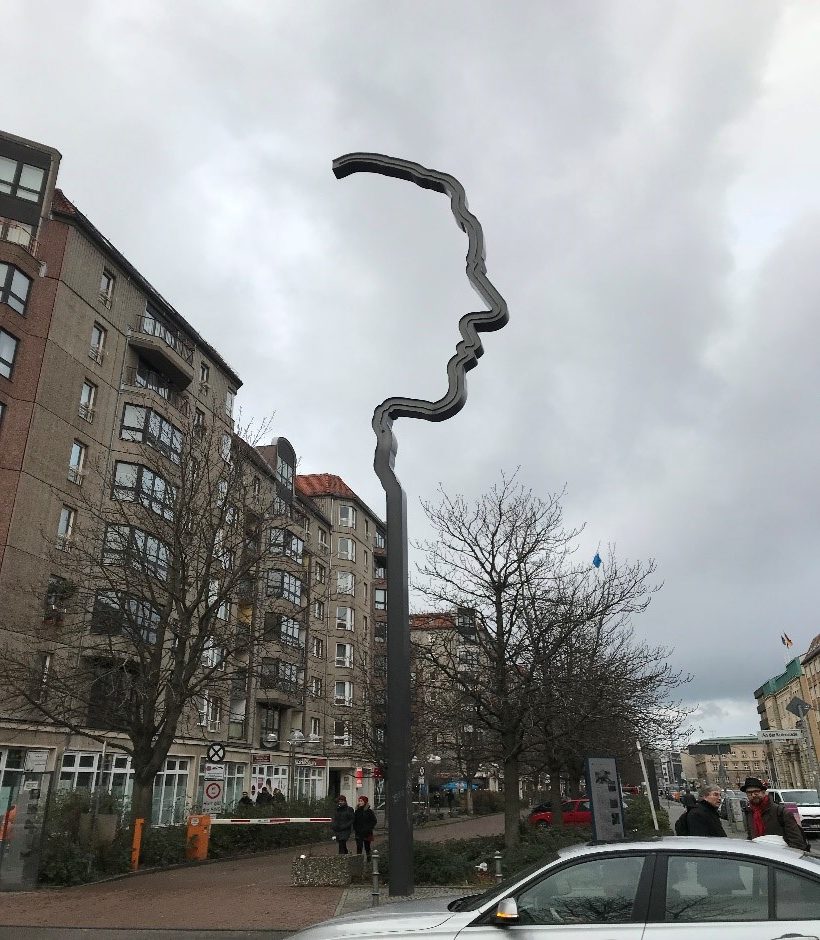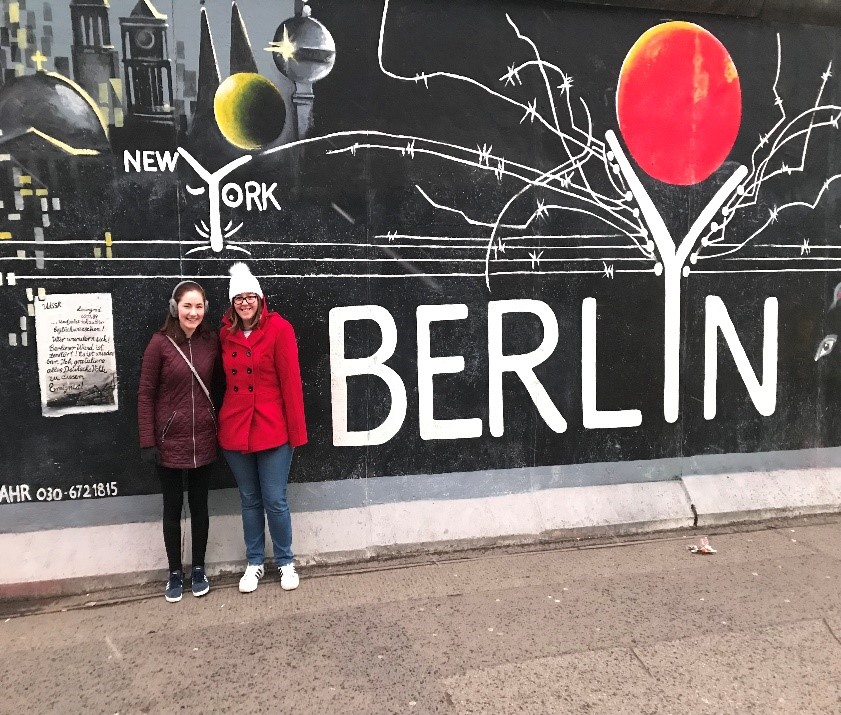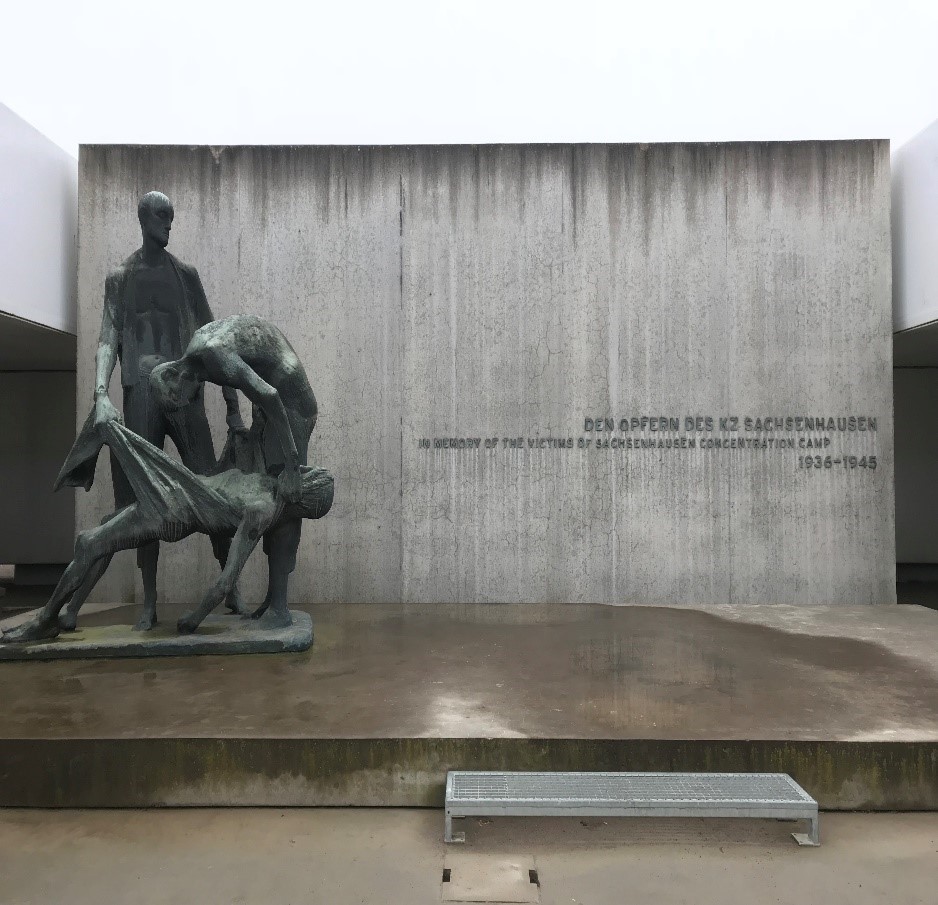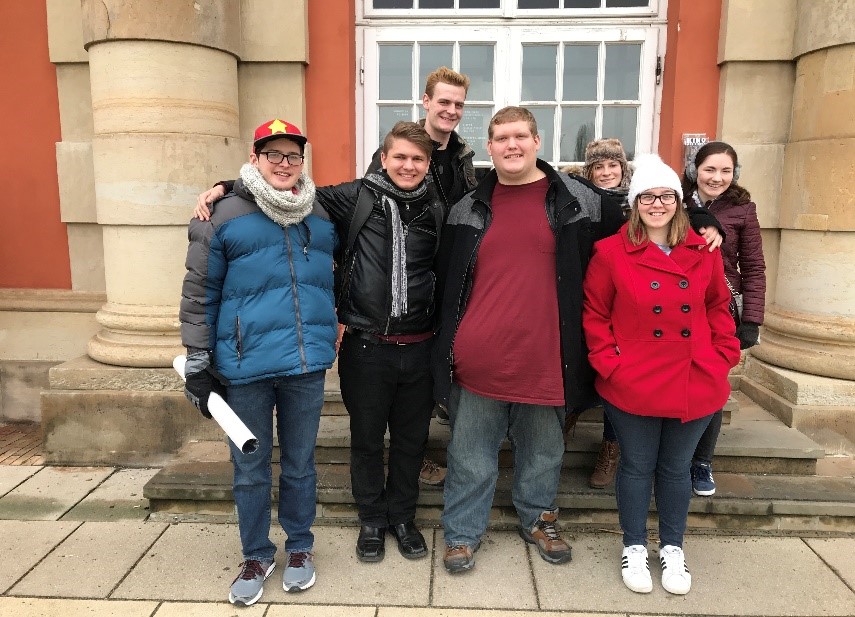Author: Maddie Morehead
Location: Namibia/ South Africa
Going into my study abroad journey, I had no idea what to expect. Before deciding to study in Namibia, I would not have even been able to point it out on a map. I also had very little knowledge of the colonization that took place in Southern Africa apart from my seventh grade teachings of the Berlin Conference and Scramble for Africa. One privilege of living in the U.S. is that we often don’t find ourselves wanting or needing to know about the current circumstances of the world around us because America is typically the spotlight of the world for many, and because of this, we often make ill-informed assumptions about the world around us. However, throughout my travels in Southern Africa I have seen beautiful landscapes and have met beautiful people that have been able to contribute to my learning and understanding of Southern Africa and the rest of the world.
Cape Town is a wonderful example of both the ugly and the beautiful simultaneously represented in one place. Cape Town is located on the west coast of South Africa. It is a city located between the Atlantic Ocean and a large mountain range. It is filled with lively streets of restaurants, bars, malls, shops, and people from all over the world. At first glance, it is difficult to see the rich, yet turbulent, history that lives within the streets of Cape Town – a history that many people of South Africa are still in the process of healing from.

During our stay in Cape Town, we headed by boat to Robben Island, an island off the coast of Cape Town where political prisoners including Nelson Mandela were kept during the time of Apartheid. What was once a prison town has now been turned into a commercialized tourist area. We first were taken on a bus tour of the island and shown a church where weddings are now frequently held, a quarry where prisoners were forced to mine for limestone in unbearable conditions, and Robert Subukwe’s house – a prison designated solely for Subukwe’s solitary confinement where he was silenced so that he could not influence anyone else in the prison. (What a guy, right??) The history of the island was heart-wrenching, yet the flowers were in full bloom and the view of Cape Town’s Table Mountain from the island was breathtaking. After the bus ride, we met an ex political prisoner who gave us a tour of the prison where he once was held captive. During the tour, he was asked how he feels about giving tours of a place he was once imprisoned. He responded by saying, “At first, I didn’t want to do it, but my family wanted me to because I was unemployed. But over time it has been a healing process for me to talk about my experience over and over again.” He told us that it took him about two years before he was completely comfortable with sharing his story. Hearing, his story I can’t imagine what it was like to transition into life outside of Robben Island after being locked up and mistreated for many years. The whole experience was a little unsettling and left me questioning what action I can take in order to current injustices that people experience on a daily basis.
The amazing Lucy Campbell is another individual we encountered during the week who uses her voice and her story as an instrument for healing. Lucy gives regular tours to people from all over the world, representing the indigenous Khoi people of South Africa and sharing the brutal history of Cape Town and slavery during early colonialism. Walking through the city, Lucy pointed out the history of colonialism that remains to this day. Part of the tour included a stop at the Slave Tree Memorial, a mere stump in the middle of the street. Lucy explained how this memorial is the only symbol honoring slaves and the hardships they endured when just down the street, large statues of white slave owners still look down on the city, haunting the people of Cape Town with its daunting history. Lucy shared that there are parts of the tour that send chills through her spine still to this day. We were able to empathize with her story and feel how the history of Cape Town impacts her daily. While many people visit Cape Town for the beautiful scenery, Lucy is committed to not allowing the history of her indigenous people die out by speaking truth to visitors from around the globe. You can tell by the way she speaks that she is passionate about what she does and the change she is making by sharing her story. During our tour, she ignited a light in all of us to stand up for what we believe in. Giving tours and sharing the history of Cape Town is her process of healing, and a powerful one at that.
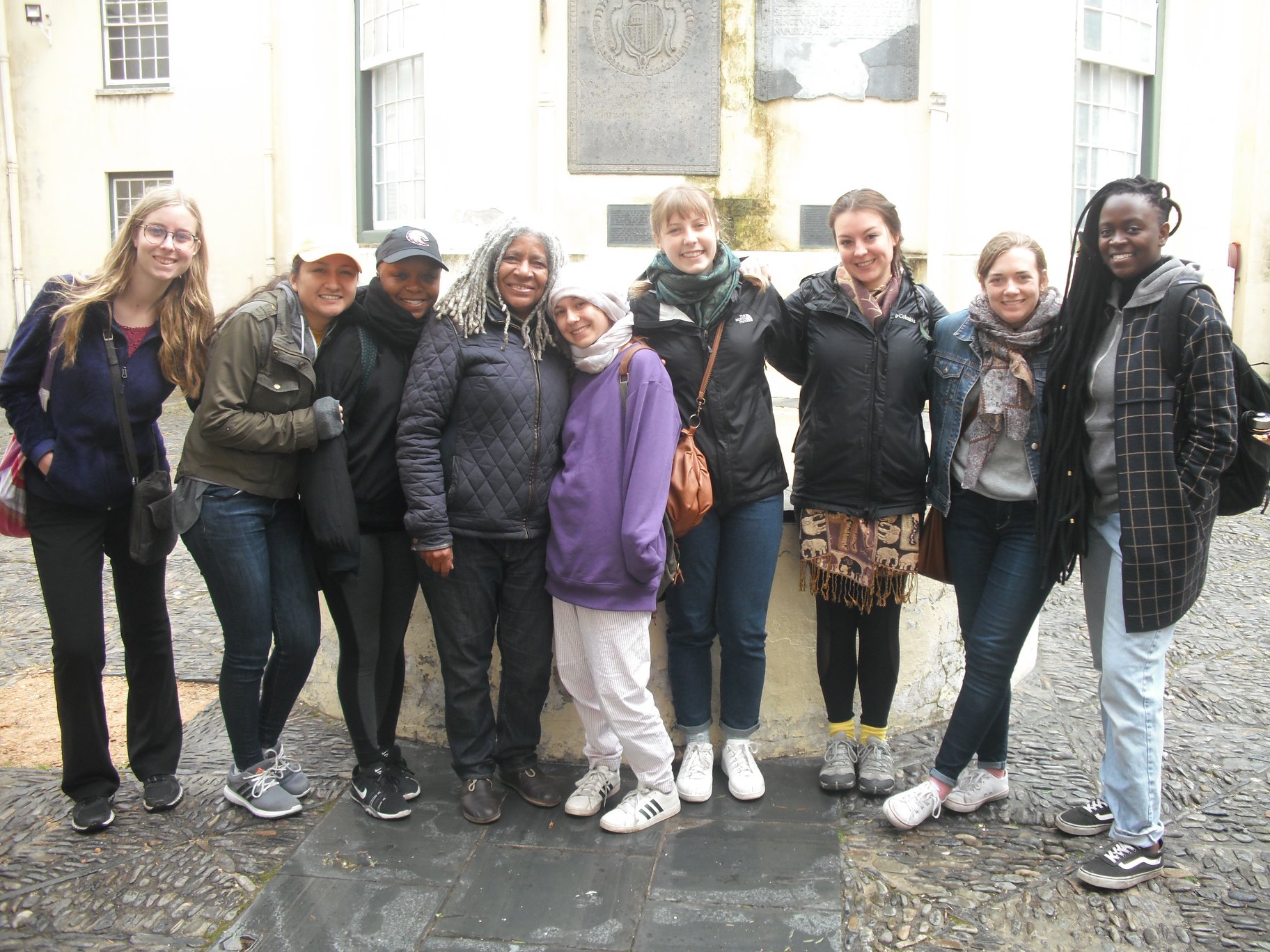
The District Six museum also offered many stories sharing the history of people who were forced from their homes. We were able to talk to Joe Schaffers, a full time educator at the museum. He shares his story of District Six, where he lived for 28 years before moving to the Cape Flats, also known as ‘apartheid’s dumping grounds,’ an area designated for non-whites once District Six was declared a whites only area by the government in 1966. On the floor of the museum was a street map of District Six where former residents are able to come and mark where their houses used to be before being bulldozed, a powerful demonstration in order to share the story of thousands. It amazes me that people were able to do such a horrendous thing such as force people to relocate without considering the lives affected by this. Walking through the museum, I could feel the hurt that they felt, seeing long forgotten objects that once belonged in the houses that no longer exist.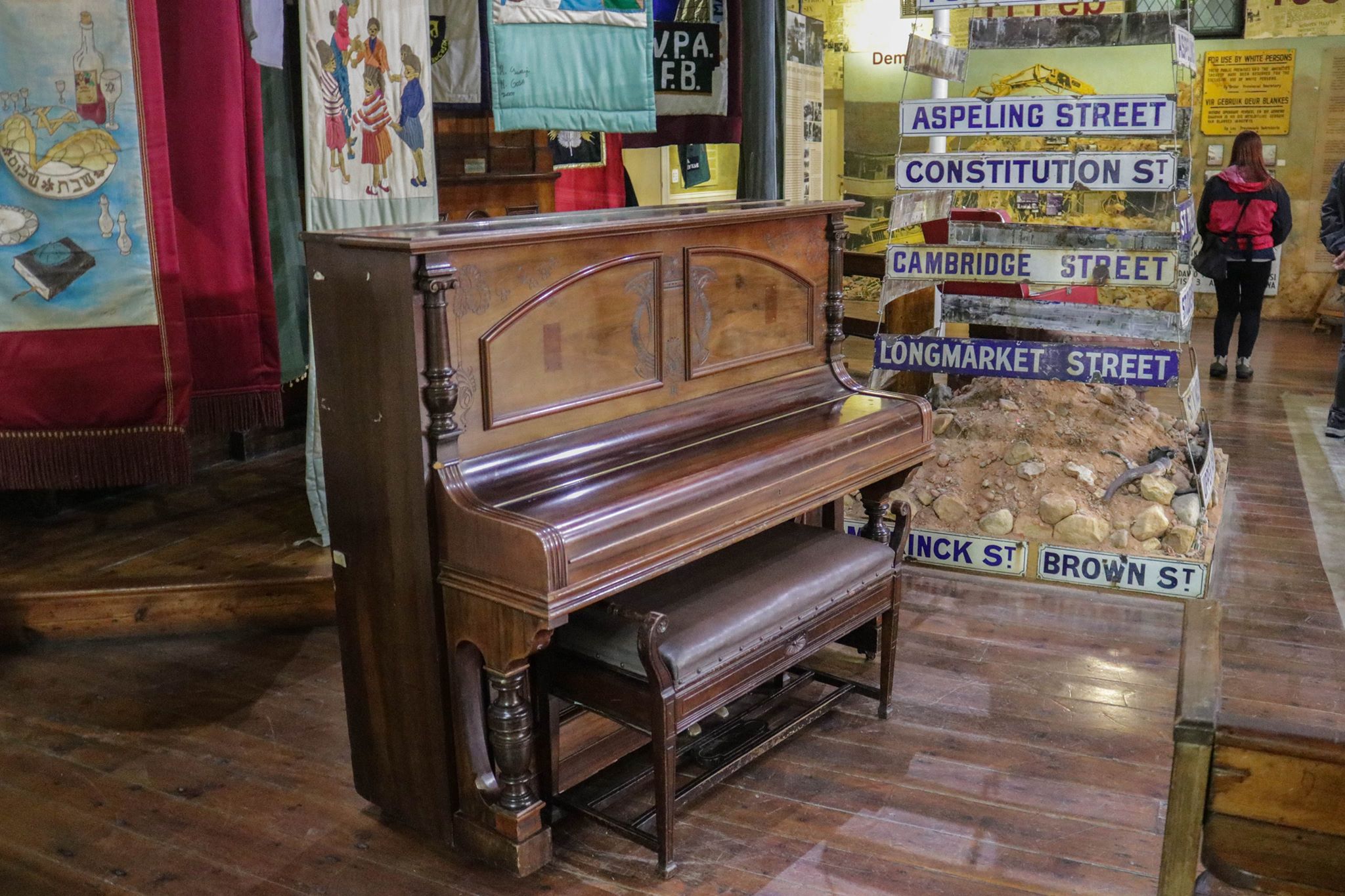
And this is just Cape Town. In Johannesburg, we were able to talk to and make friends with historians, political leaders, and people who experienced violence during times of uprisings against apartheid, where children risked their lives for change. Here we visited multiple museums and had our very first home-stay before heading to the Eastern Cape where we talked to political science students at Fort Hare University, where Nelson Mandela attended university and where many students actively protest against school policies today. It is beautiful to be able to hear about the hardships that people have faced and how it has influenced them and inspired them to take action. Through listening to their stories and ideologies I am able to empathize and connect with these individuals. I am able to feel the pain that they feel and understand what moved them to make a difference and continue to share their stories every day. Their stories are inspiring, moving, and they challenge me to use my voice and make a difference not only in my life, but in the lives of others as well.
